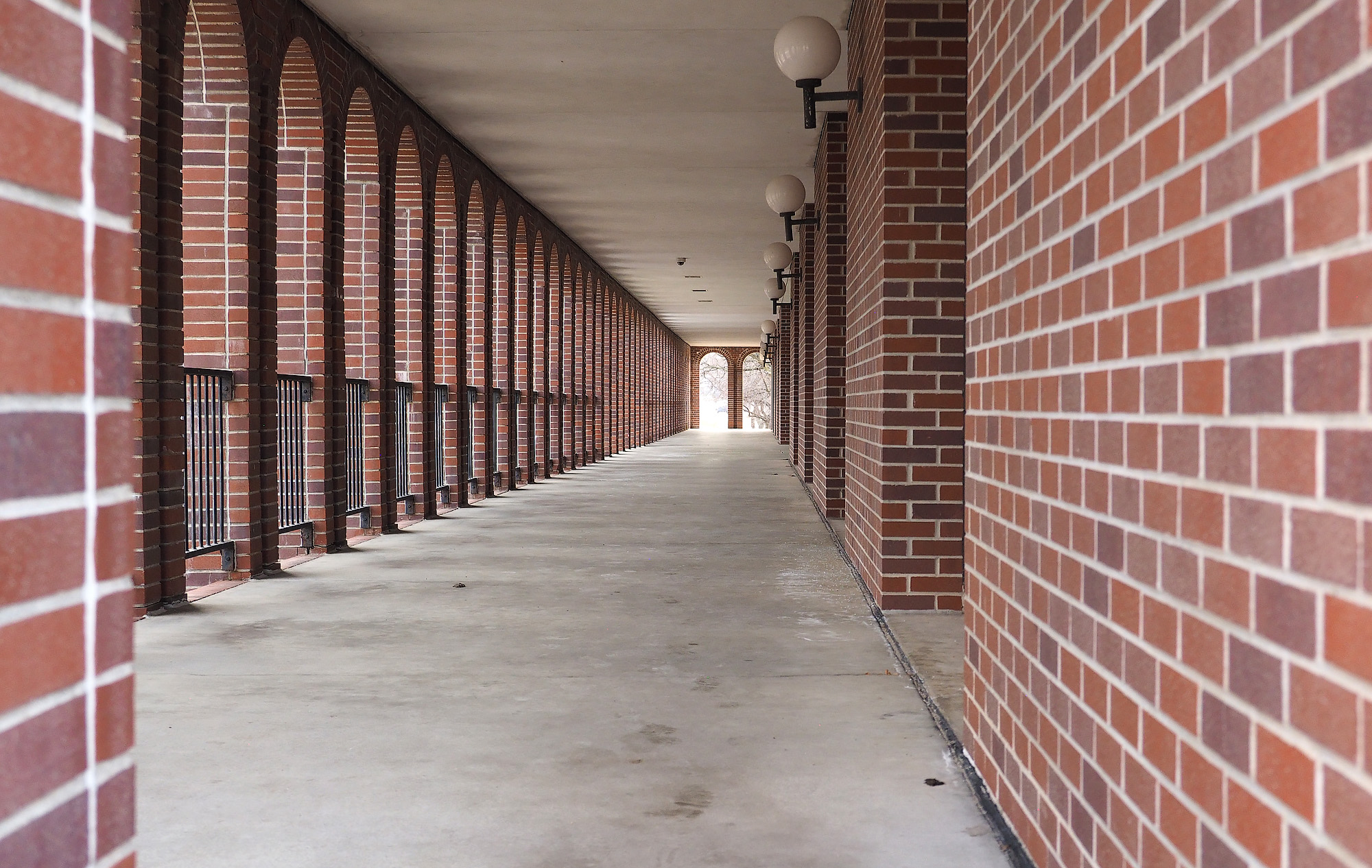U.S. Appeals Court rules Iowa counties can’t block CO2 pipeline routes

Floyd County’s proposed ordinance likely preempted
By Bob Steenson, bsteenson@charlescitypress.com
A federal appeals court ruled Thursday that Iowa county ordinances that restrict carbon dioxide pipeline routes are invalid, potentially ending efforts by counties like Floyd to exert local control over such projects.
The decision by the 8th Circuit U.S. Court of Appeals upheld lower court rulings that found ordinances in Shelby and Story counties were preempted by federal and state laws governing pipeline safety and routing.
The court found that setbacks and permitting rules adopted by those counties were aimed primarily at safety and directly conflicted with the authority of the federal Pipeline and Hazardous Materials Safety Administration (PHMSA) and the Iowa Utilities Commission.
Summit Carbon Solutions, the company proposing a 2,500-mile pipeline to transport liquefied carbon dioxide from ethanol plants in five states to North Dakota for underground storage, had sued both counties over their ordinances.
The court agreed with Summit that the local ordinances conflicted with federal safety standards and state siting authority.
Floyd County had considered a similar ordinance, developed with the same legal team that crafted the Shelby and Story County rules.
The proposed Floyd County zoning ordinance included setback requirements for CO2 pipelines from homes, cities, schools, churches, livestock operations and water supplies, and would have required conditional use permits from both the county and affected landowners.
The ordinance was the subject of a public workshop in June 2023 at the Floyd County Fairgrounds, where members of the county Zoning Commission and Board of Adjustment heard more than two hours of testimony.
Representatives of Summit and Navigator CO2 Ventures warned that such an ordinance would effectively block their projects from proceeding through Floyd County, even though Summit had already acquired easements for 85% of its proposed route in the county.
Attorney Tim Whipple of the Ahlers & Cooney law firm, which assisted Floyd and other counties, told the zoning commission that the ordinance was about land use, not safety. He said the county had the right to control the siting of industrial infrastructure just as it would with any other zoning matter.
But the 8th Circuit disagreed with that reasoning in the Shelby and Story county laws.
In its 20-page opinion issued June 5, the court said even if counties frame setback and permitting requirements as land use tools, if they are rooted in safety concerns they fall under the federal government’s exclusive authority.
The ruling noted that the Shelby ordinance, for example, explicitly cited safety risks and required safety plans and coordination with emergency responders.
“This court holds that the counties’ setbacks are safety standards,” the ruling said. “Their direct and substantial effect on safety undermines Congress’s express intent to preempt the states from regulating in the area of safety.”
The decision also found that the ordinances conflict with Iowa law, which gives sole authority for pipeline routing decisions to the Iowa Utilities Commission. County rules that impose additional restrictions, the court said, are inconsistent and therefore preempted.
One of the judges, Judge Jane Kelly dissented in part, disagreeing with the majority’s ruling that county setback and abandonment provisions were preempted.
She argued that setbacks were traditional land use regulations, not federal safety standards, and that counties often consider safety as one of many factors in zoning decisions.
In July 2023, the Floyd County Board of Supervisors voted to pause consideration of it own pipeline zoning ordinance, citing an earlier U.S. district court ruling against Shelby County. Supervisors recommended the Zoning Commission suspend further work until court cases were resolved.









Social Share